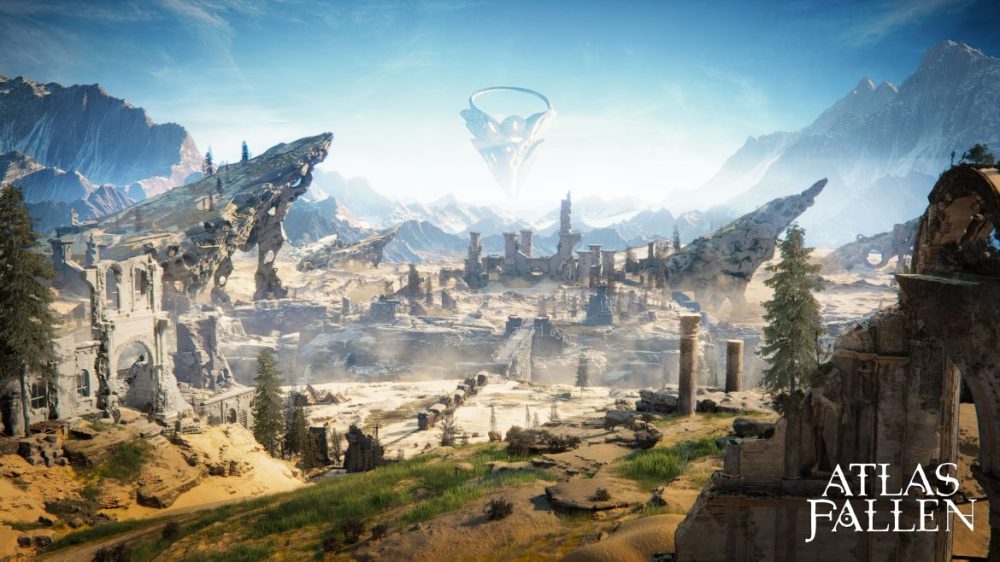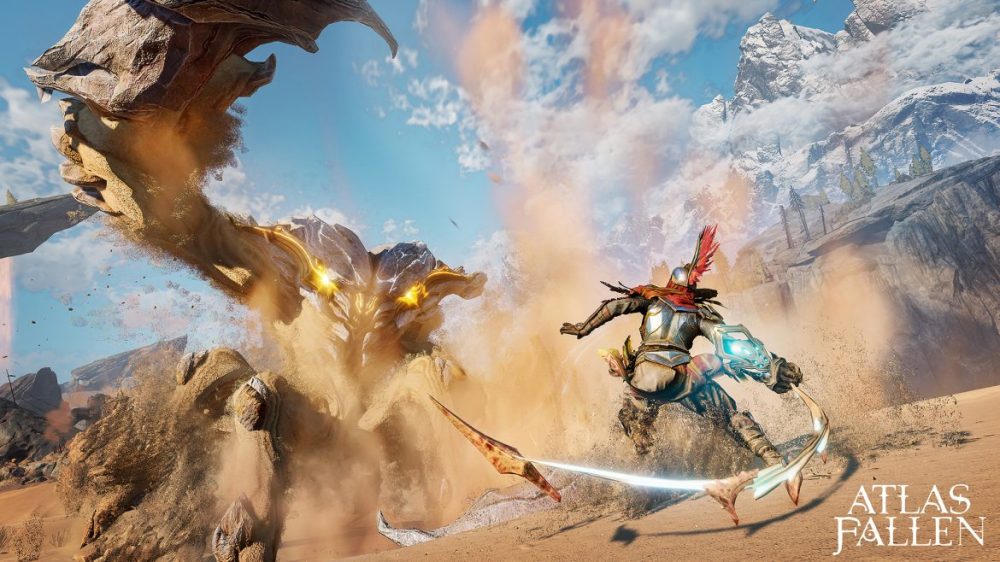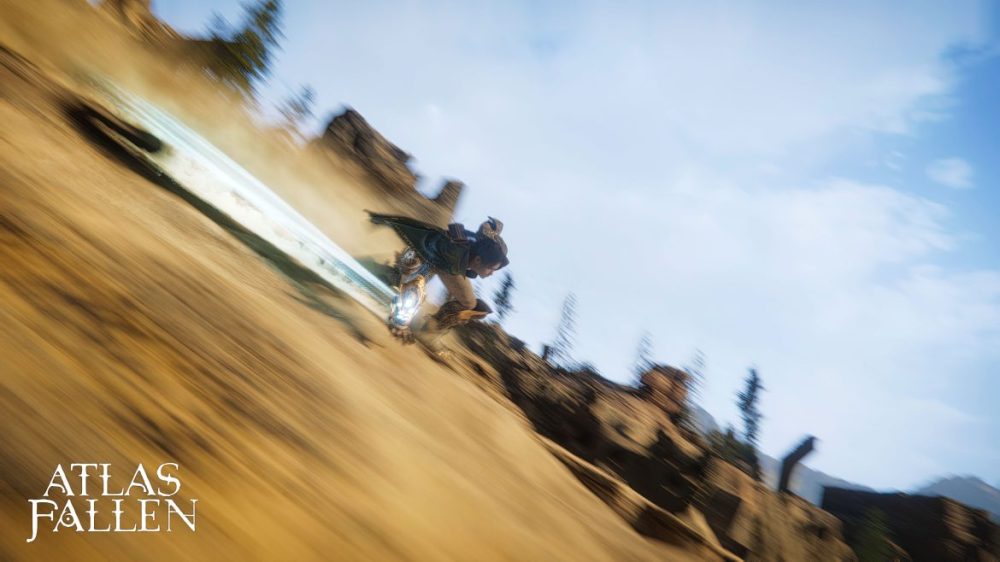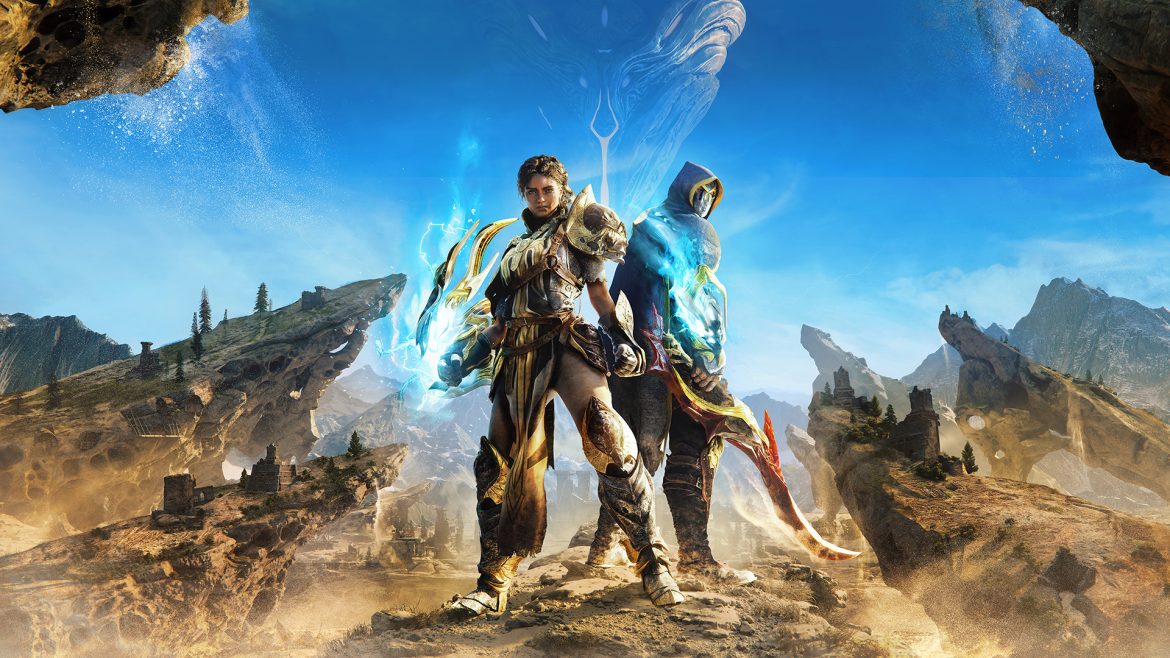TL;DR
Atlas Fallen offers a visually appealing desert world with a compelling narrative and smooth sand-gliding mechanics, but its combat system feels clunky and unrefined. While the exploration and story will keep you hooked, the uneven presentation and frustrating combat, especially with camera issues, might dampen the experience. It’s a game with great potential that doesn't quite stick the landing, particularly at full price. Dive into the full review to see if this action-adventure is for you!
It is often beneficial to draw inspiration from successful titles. Focus Entertainment’s Atlas Fallen, developed by Deck 13, arrives with significant pre-launch anticipation. While the action-adventure incorporates many positive elements, certain shortcomings prevent it from reaching its full potential.
The narrative unfolds in a desolate fantasy realm where a population is coerced by tyrannical gods to procure vital resources. An ancient queen, serving as a proxy for the Sol God Thelos, rules with an iron fist. The protagonist, an “unnamed” individual, must harness the burgeoning power of a magical gauntlet to vanquish the prevailing evil. Success, presumably, will pave the way for future installments.

Atlas Fallen presents an open-world environment divided into five distinct regions. Echoing design principles found in titles such as Assassin’s Creed and Witcher, the game features points of interest, main quests, side missions, and bonus objectives. Players progressively unlock the narrative while acquiring substantial upgrades for their magic gauntlet. Furthermore, the map is populated with enemies, which players engage using a variety of weapons, special abilities, and parrying techniques.
The primary innovation observed in Atlas Fallen is the protagonist’s ability to traverse the sandy landscape using a form of magical sand-gliding. Many other elements feel derivative of games like Darksiders and God of War. However, this is not inherently negative, as these titles offer a strong foundation for inspiration. The emphasis on aerial combat, while present, is not entirely novel (Devil May Cry).

The game’s strengths lie in its exploration and narrative. While the storyline may not be groundbreaking, its pacing and delivery are compelling, motivating players to seek further revelations.
Unfortunately, the combat system, a significant aspect of Atlas Fallen’s purported unique selling proposition, proves to be a weaker element. The core concept, involving parrying, executing strong or rapid attacks, and utilizing physical and magical special abilities (charged over time), is conceptually sound and well-established. A noteworthy mechanical feature is the “momentum” system, where successful combat actions increase power and damage output, while simultaneously increasing vulnerability. This dynamic creates a potentially engaging risk-reward balance. However, the execution of the combat mechanics lacks fluidity, hindering the player’s sense of control and skill. The camera behavior, particularly during engagements with large bosses and numerous smaller enemies, can become disorienting, making target prioritization difficult. While Atlas Fallen is not inherently challenging, these issues can artificially inflate the difficulty, leading to the decision to lower the difficulty setting to prioritize the narrative experience.

The game’s presentation is inconsistent. Certain environments and lighting effects exhibit impressive visual fidelity on the PS5, while others, such as dark cutscenes, are less refined. Stiff facial animations and somewhat generic enemy designs suggest that this is not a AAA-budget title. Focus Entertainment, a relatively smaller French publisher, owns the German development studio Deck13, known for previous titles such as Ankh and The Surge.
The unevenness of Atlas Fallen is regrettable, as a compelling game with an engaging narrative lies beneath its flaws. If the game were priced lower, its shortcomings might be more easily overlooked. However, at its current full-price point, it must be evaluated against more polished titles in the same price bracket. While Atlas Fallen may not reach the highest echelons, it remains an entertaining experience. Enthusiasts of the genre may wish to consider purchasing it, while others may prefer to wait for a sale or potential inclusion in subscription-based game services.
The experience provided approximately 15 hours of entertainment.
Focus Entertainment provided a review code for this evaluation. Provision of materials does not influence editorial objectivity.
